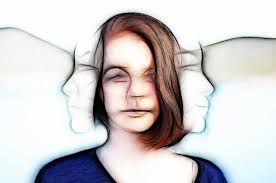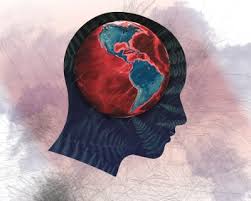Anxiety disorders cause severe fear or anxiety related to certain objects or situations.
Common symptoms of anxiety disorders include excessive worry, restlessness, and difficulty concentrating. These symptoms can interfere with daily activities and relationships.
Source: National Alliance on Mental Illness (NAMI)









